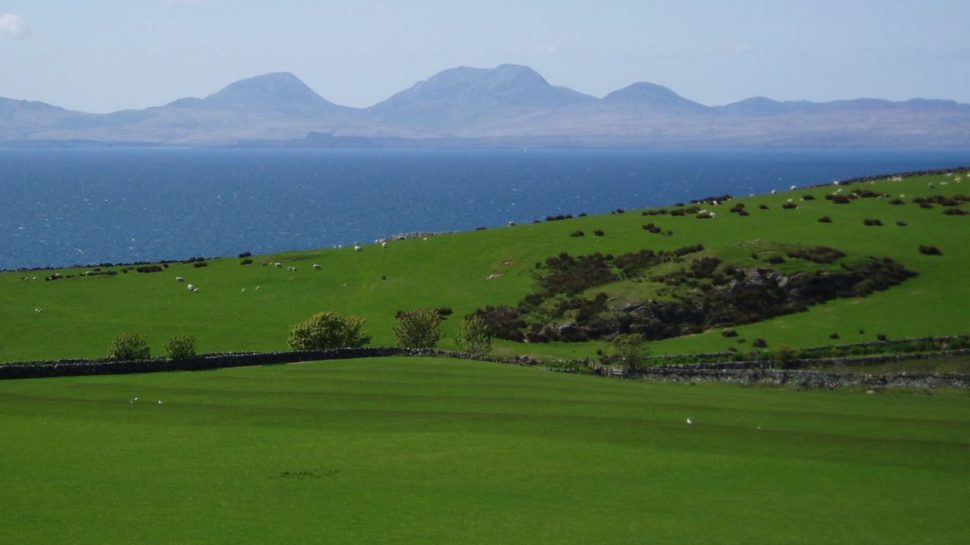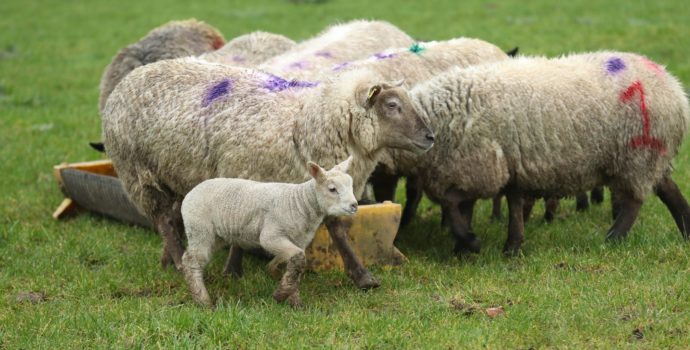IFA Urge Minister Coveney to Make Glas a Meaningful Scheme

IFA Rural Development Chairman Flor McCarthy has urged the Minister for Agriculture Simon Coveney to implement a GLAS scheme which is meaningful, and properly rewards farmers for agri-environment measures on their farm.
Speaking following a meeting with the Department of Agriculture in Portlaoise to discuss details of the new scheme, Flor McCarthy said payment rates across all the measures must be at a level that fully reflects the cost of compliance, the income forgone and a strong incentive for the farmers to participate.
The Rural Development Chairman spelt out a number of priorities in the scheme which include: –
– Opening of the scheme on 1st September next, with plans commencing on January 1st 2015 and first payments being made in October 2015;
– The number of farmers allowed into the scheme should be up to 25,000 year 1 given the high number of farmers who will have left REPS 4 by the end of 2014;
– The target of 50,000 farmers joining the scheme must be reached by 2017;
– The Natura payment in SAC/SPA/NHAs and on commonages should be set-out at €150/ha;
– The maximum €5,000 should be achievable by all farmers;
– The GLAS Plus scheme where a €2,000 top-up will apply should be focused on Natura Areas and other farmers who do specific additional environmental works;
– A whole farm payment of €40/ha up to 30ha to pay for the core Nutrient Management Plan;
– Additional wholefarm top-ups should apply when other specified works are carried out such as liming, hedgerow management;
– Incentives for farmers to use organic manures from more intensive farms;
– Planting of new hedgerow should be a measure;
– The GLAS targeted output scheme should apply in areas other than the Burren in Co Clare;
– Organic payments should reflect the higher costs associated with reduced output.
At the same meeting, IFA Hill Committee Chairman, Pat Dunne said the 80% stocking criteria is not acceptable and he called for the stocking levels to be determined by the farmer and his planner. He pointed out that hill farmers need a good environmental management scheme which full reflects the huge public value of maintaining the environment in upland areas. REPS payments represented a significant portion of farm incomes in hill areas and the new GLAS scheme must reflect this he concluded.




